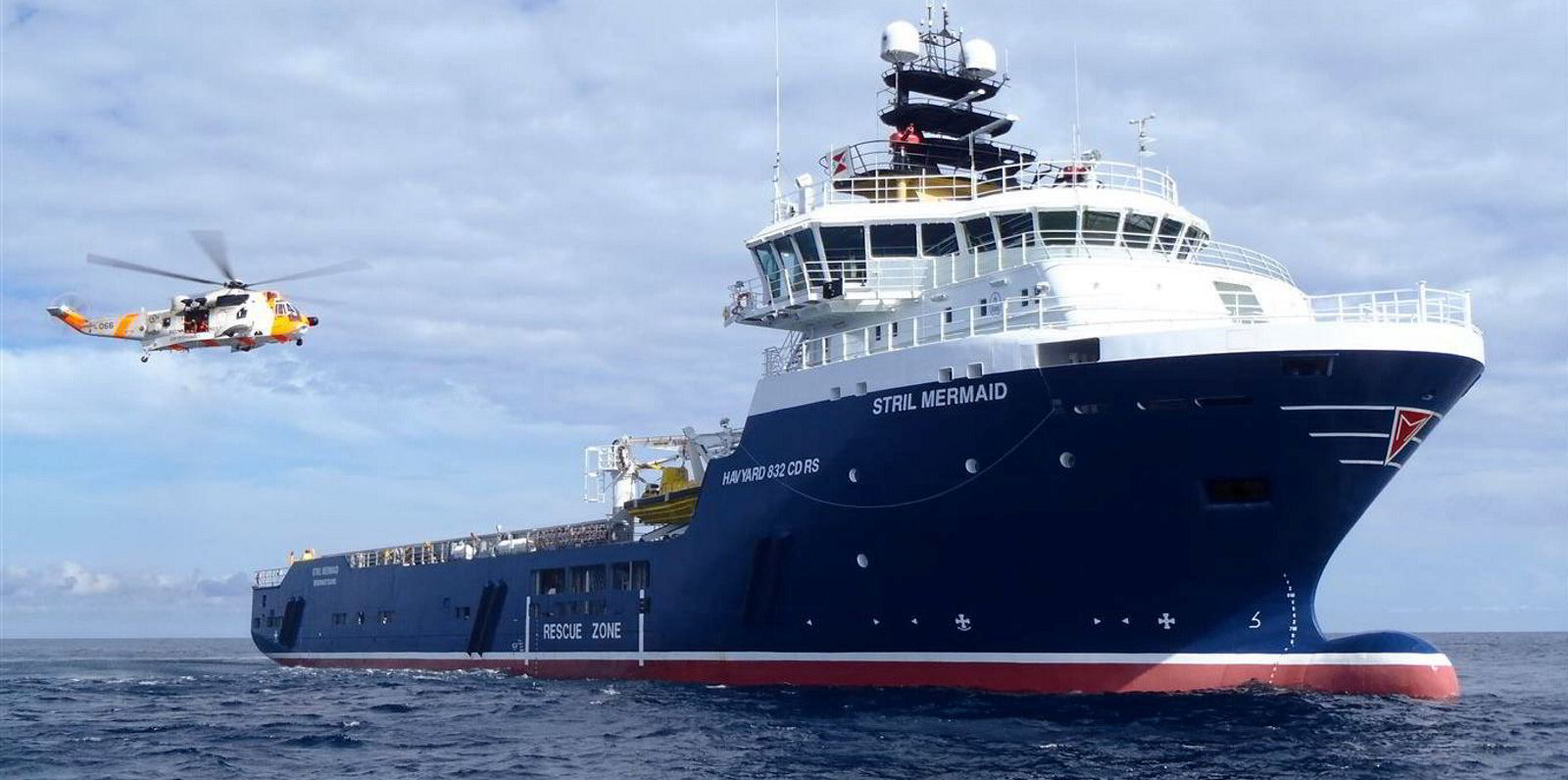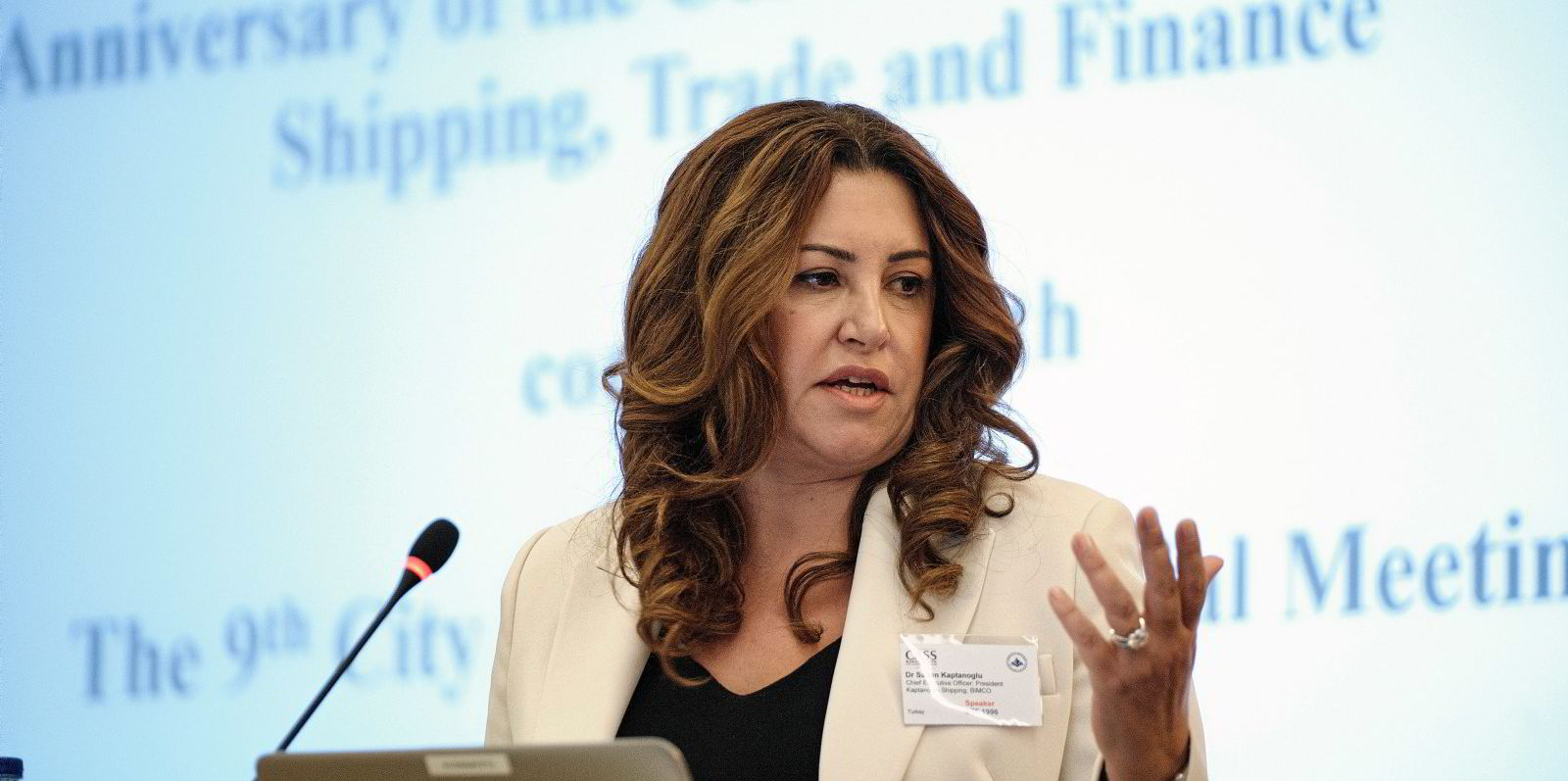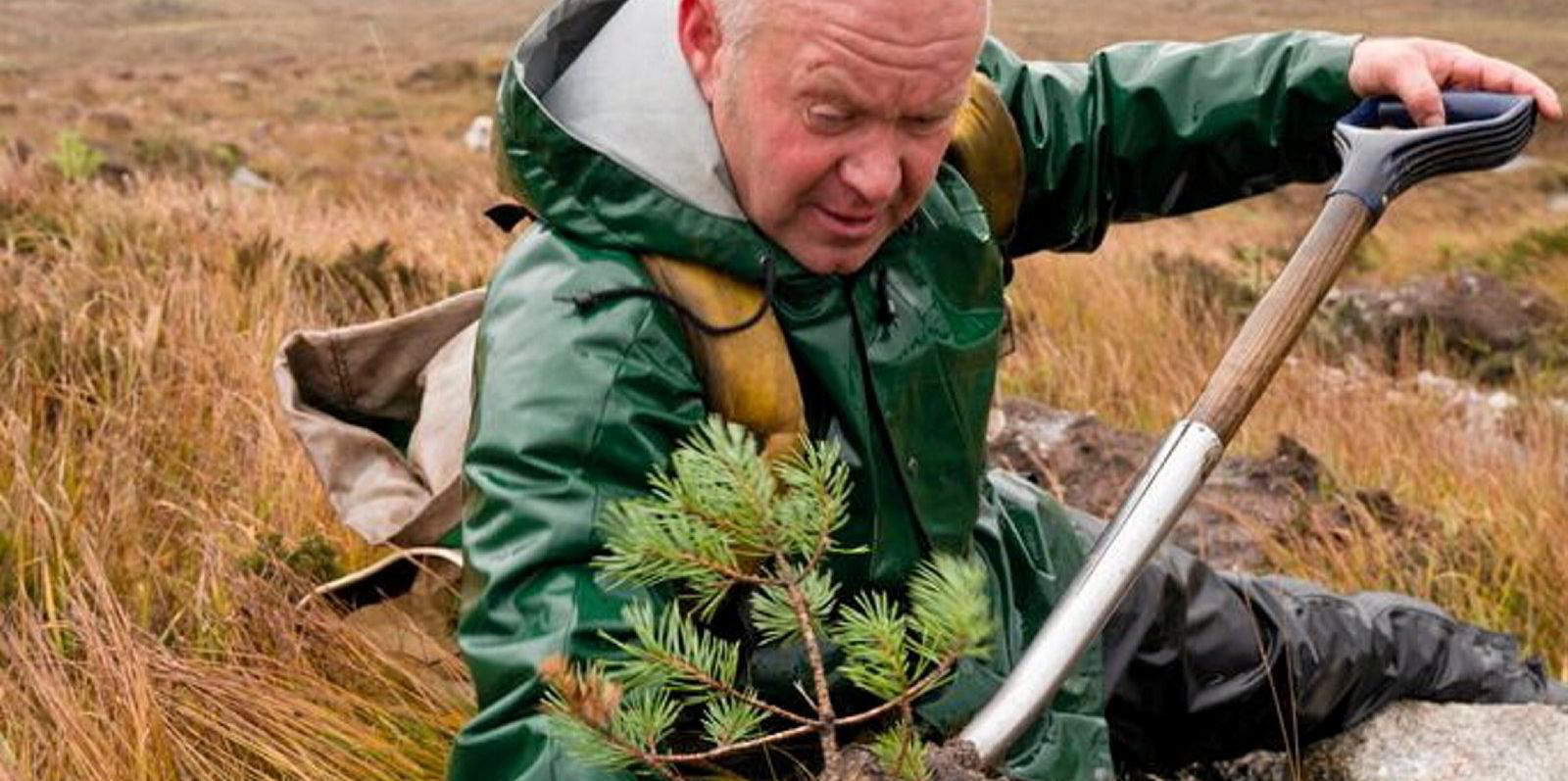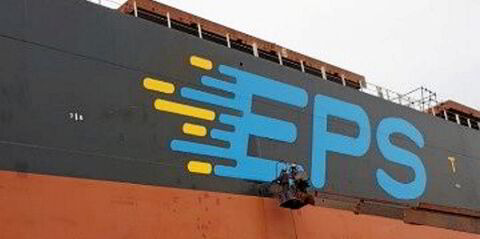Norway's Simon Mokster Shipping has revealed big plans for decarbonisation as it continues to cut emissions.
In its first sustainability report, the privately owned offshore vessel company said total Scope 1 fleet CO2 emissions fell 13.9% to 78,900 tonnes in 2020. This compares to a 10% cut in 2019.
Scope 2 emissions rose from 25 tonnes to 40 tonnes. Mokster gave an example of these as being emissions generated from electricity purchased by the company.
Scope 3 — for example air travel by employees — dropped from 467 tonnes to 238 tonnes due to lockdown restrictions.
Stepping stone
"This is an important stepping stone in reaching our ambitions of 40% reduction of climate gas emissions by 2030 and working towards net-zero emissions in 2050," Mokster said.
To help achieve these targets, the company has an additional energy efficiency ambition.
By 2030, it has pledged to cut CO2 emissions by 70% per sailed distance.
The company said it is aiming to have 25% of revenue from non-oil-and-gas-related activities by 2025, increasing this to 50% by 2030.
"During 2020, we worked with several new and exciting customers on projects within the offshore wind and renewables segment," the company said.
"2020 also saw our first work in this segment outside of Europe with [subsea vessel] Stril Explorer, which commenced survey work on the Beacon Wind site in the US."
The emissions-reduction work is a continuation of its "FuelRACE" campaign, a bunker-saving initiative started in 2014.
Winning the fuel race
The 2020 FuelRACE winner was the 4,000-dwt Stril Odin (built 2006), achieving an average reduction in fuel consumption of 15.6%.
The platform supply vessel has reduced speed to 6 knots as often as possible, while sometimes running on only one engine.
In addition, Mokster has installed shore power connections on three PSVs: the 6,000-dwt Stril Pioner (built 2003), and the 4,900-dwt Stril Polar (built 2012) and Stril Orion (built 2011).
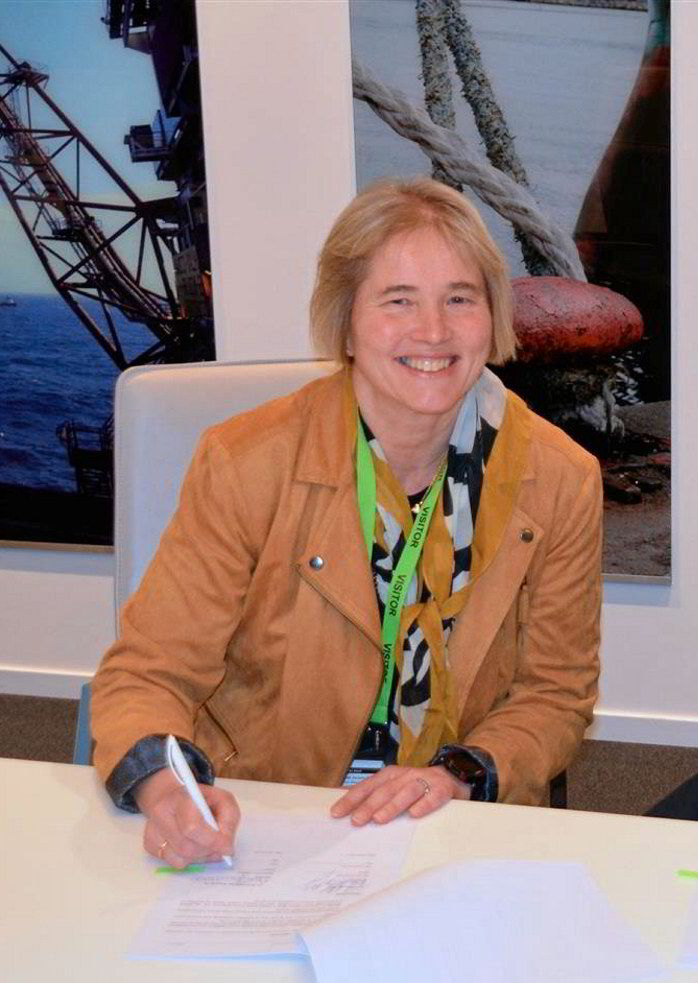
Looking ahead, the company said: "What the energy mix of the future will look like is still very much undecided, but it will probably be a mixture of different fuels."
Biogas bet
Last year, Mokster started looking at the feasibility of using liquid biogas on its LNG-powered ships.
This initiative will also continue into 2021, in addition to further feasibility studies on other new potential energy sources.
The shipowner was established in Stavanger in 1968 by Captain Simon Mokster. It has been involved in offshore shipping since 1975, and in the offshore wind and renewables sectors since 2014.
The company is now led by chief executive Anne Jorunn Mokster.
Mokster owns and manages a fleet of 16 modern ships designed for harsh weather. The company also provides manning services for four vessels owned by external owners.
The shipowner's philosophy is to trade vessels on longer contracts with limited exposure to the spot market.
"This contributes to both economic stability and give us the predictability and assurance to engage in new ventures in collaboration with our customers," the outfit said.
Fleet utilisation was 80% in 2020. As of 1 March, the firm contract coverage for 2021 was 62%.
